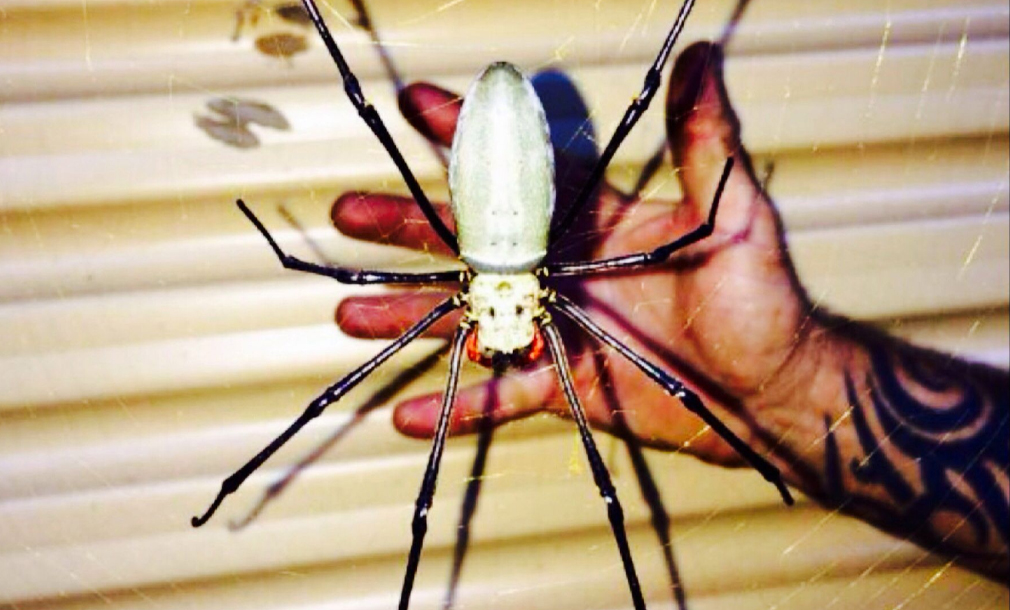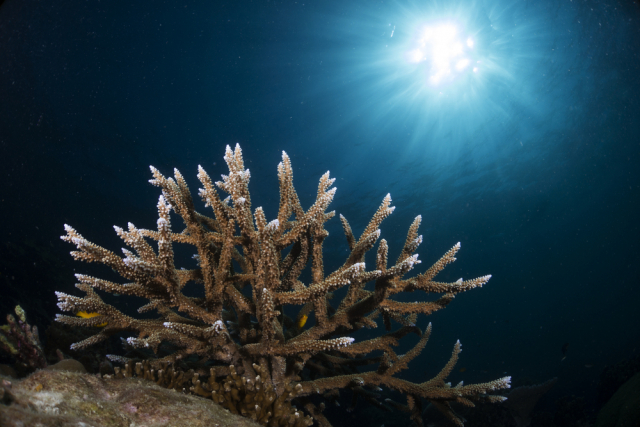Australia is not only famous for its spectacular landscapes, but also for some of the largest insects on the planet. But what does this have to do with the lives of the country’s inhabitants?
Australia’s isolated geographical location has contributed to the evolution of many species, including large insects. A variety of climatic zones, from tropical to desert, provide ideal conditions for their growth and reproduction.
The rich flora and fauna offer extensive food sources, which also affects Australians’ standard of living. For example, the presence of large insects can affect the agricultural sector, especially farming, where some can be both pests and beneficial pollinators.







